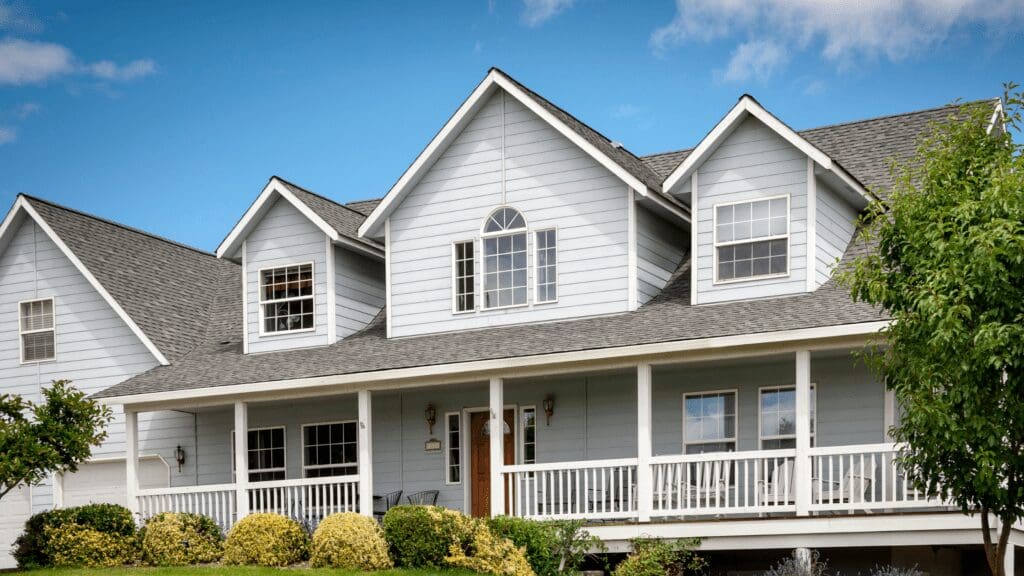Among all soil types, clay soil, which is prevalent in the Houston area, has the greatest potential to damage a foundation. This type of soil can absorb a lot of water during the wet season, expanding in volume—a phenomenon also known as heaving—as it becomes more saturated. However, clay soil can also lose a lot of moisture during the dry season, shrinking, cracking, and potentially leaving gaps around your foundation. When that happens, rainwater can seep into the ground under your home every time it rains, reinitiating the expansion-contraction cycle.
How Clay Soil Affects Your Houston Foundation
Manytypes of soil go through repeated expansion and contraction, based on the variations in their water content. But when it comes to clay soil, it is the large content of clay minerals that causes it to be more reactive to wet-dry cycles than any other type of soil.
Because Houston experiences recurrent wet-dry cycles that occur as seasons change, the clay soil under your home can expand and contract indefinitely. Soil expansion and contraction will expose your foundation to different forces, which can cause your foundation to move and shift. This could have a damaging effect on your entire home.
To better understand what could happen to your foundation during dry and wet weather, let’s consider the following two scenarios:
1. The soil underneath your home becomes saturated with water
Heavy rain, flooding, improper gutter systems,poor drainage, and plumbing leaks are the most common factors that could cause the soil around and under your home to get wet. As clay soil expands when wet, it could move upwards and cause an upheaval. This movement often produces a tremendous upward force that can lift the entire foundation or just a few parts of it, which may result in cracks and uneven floors.
But foundation upheaval isn’t the only issue you should worry about when the ground under your home is exposed to water. As clay soil holds on to water, it can become very soft and lose its supporting capacity. This means that it may no longer be able to ensure adequate support for the home above. As a result, your home could sink into the ground and shift to finally settle in an uneven fashion. This could lead to additional problems, includingcracks in your foundation, floors, walls, and ceilings, sticking windows and doors, bowing walls, roof issues, walls that no longer align with the framing, and different home components pulling away from the walls.
2. The soil underneath your home becomes excessively dry
There are two main reasons why the soil under your foundation can dry out: dry conditions and trees planted too close to your home. During times of drought, the clay soil around and under your home can lose enough moisture to shrink, pull away from concrete structures, and crack. This could cause gaps and voids to form around and under your foundation. If left untreated, these gaps and voids can result in differential settlement.Soil shrinkage and cracking could also lead to a sinkhole, which can cause a section of your foundation to crack and settle into the resulting void.
Additionally, any trees or shrubs that are in close proximity to your home can draw moisture from the soil, causing it to shrink and crack. Because the water demand from trees and shrubs will decrease the moisture content in the soil, they can exacerbate the effects of a drought considerably.
Any foundation problem that has wet or dry clay soil as its root cause needs urgent attention. A few simple measures you could take to control the soil moisture content around your property include:
- Correcting negative grading;
- Keeping gutters and downspouts clean and in good condition;
- Installing an exterior drainage system and root barriers, if necessary;
- Watering your foundation regularly during a drought.
Poorly compacted clay soil can also affect a Houston home. When a foundation is built on dirt that wasn’t compacted properly, the weight of the foundation and home could compress the soil underneath. This may create different settlement problems that could eventually damage both the foundation and home.
Knowing that foundation damage can be caused by different factors, including the type of soil, seasonal changes, poor drainage, plumbing leaks, and poor soil compaction, could help you recognize the first indicators of potential foundation problems. If you’re concerned about foundation damage due to clay soil, feel free toreach out to our professionals in order to schedule a free foundation inspection. As a locally owned and operated foundation repair company, we understand how the clay soil in Houston can affect your property. Therefore, our specialists will be able to identify any foundation problems you might have and take the necessary steps to fix all the issues before they damage your home.



